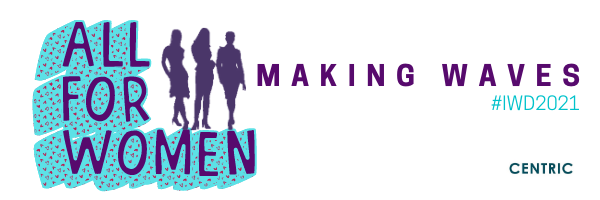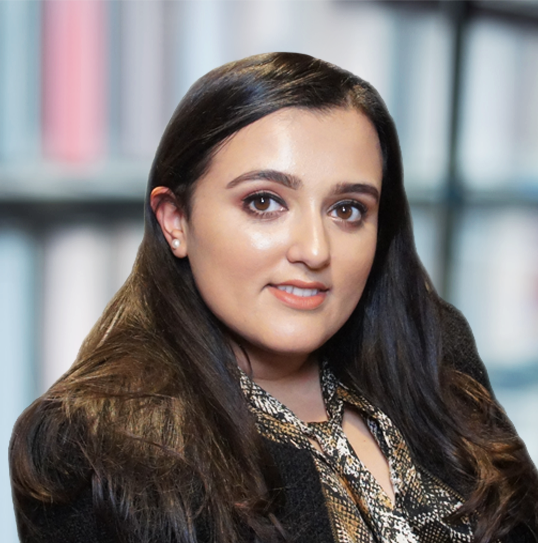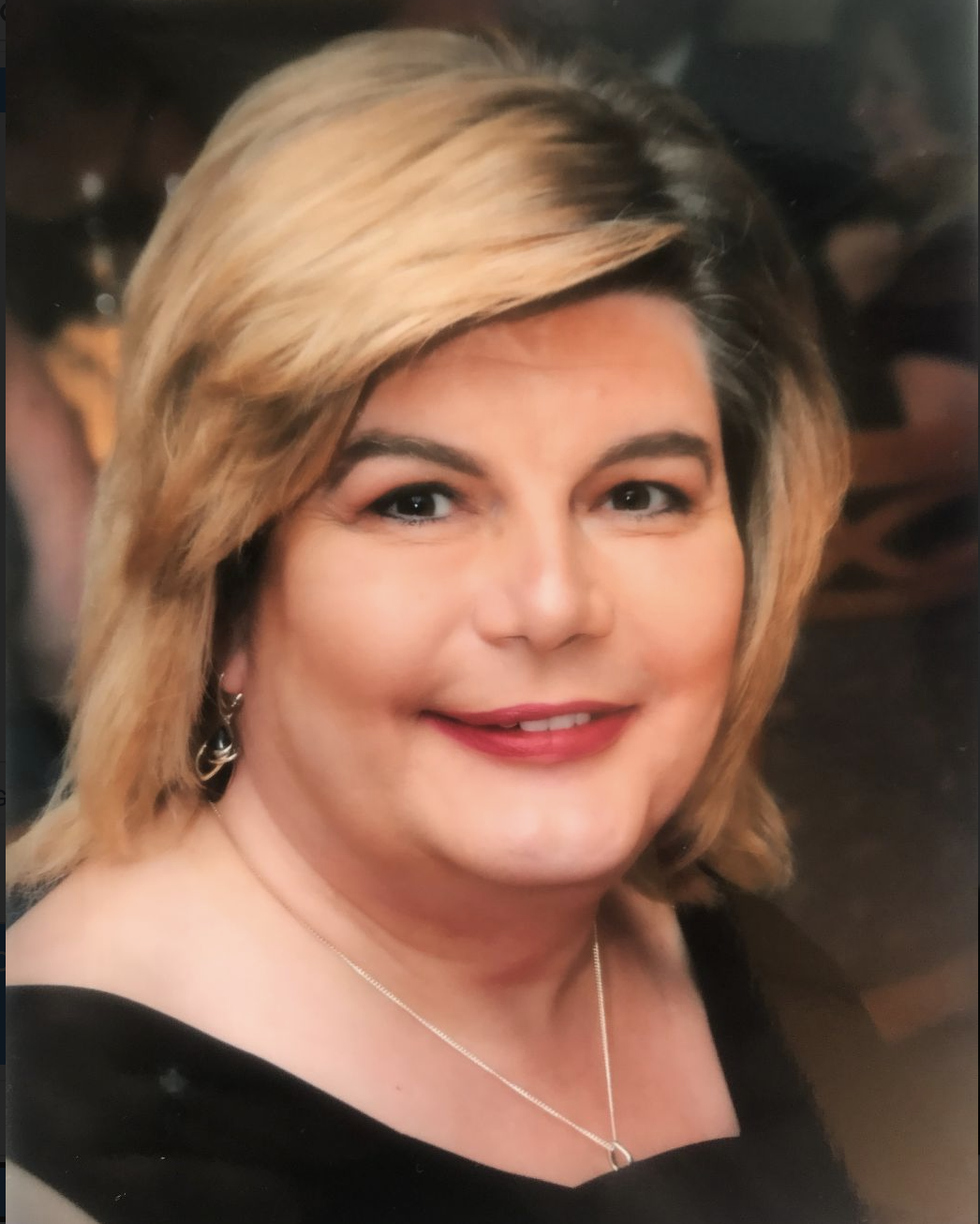The Government must dissuade vulnerable Muslims from fasting this Ramadan
An article from Conservative Home by Anwara Ali MBE
Dr Anwara Ali MBE is a GP, and Chairman of East End Health Network, and was a prospective parliamentary candidate for Harrow West in 2019’s General Election.
With Ramadan (fasting) the holiest month in the Muslim Calendar starting last week, I am concerned about the health and mortality implications of it during the COVID-19 pandemic.
I am particularly worried about patients who are shielding, vulnerable and/ or at risk.
Approximately 3,372,966 Muslims in the UK will fast for a month. This will pose a significant threat to their health and make those already vulnerable from this group more susceptible to COVID-19 death. It will also put further strain on our NHS.
Currently the number of people diagnosed with diabetes in the UK is estimated to be 3.5 million. The Muslim population in the UK from BAME ethnic backgrounds (the majority of South Asian Origin) suffer from diabetes at a rate six times higher than that of their Caucasian counterparts.
Three million people in the UK have Chronic Kidney Disease (CKD) of which BAME communities are five times more likely to suffer from CKD in comparison to other groups, due to a higher rate of diabetes and high blood pressure.
This combined with lower life expectancy, high rates of poverty, overcrowding and fasting during a pandemic with less effective exercise and naturally low Vitamin D, could lead to a sharp rise in deaths from COVID-19 as well as non-COVID-19 deaths in the British Muslim population. This may adversely impact on the general flattening of the curve we are currently seeing.
As an East London GP in a borough that has one of the highest prevalence of diabetes in the UK, I find it difficult to prevent my patients from fasting even in non-pandemic times.
Already there appears to be a pattern of higher death rates amongst the British BAME population from COVID-19. This, combined with diabetes, and CKD (which becomes uncontrolled during Ramadhan) could lead to disastrous consequences for British Muslims and for our efforts on trying to flatten the curve – especially in places like London, Birmingham, Manchester, Bradford and Yorkshire.
I urge Matt Hancock, the Secretary of State for Health, and Professor Chris Whitty to issue a central and coordinated campaign message from the Government in the daily press conference (and via STPs and CCGs) with the support of Muslim leaders urging British Muslims with chronic disease to abstain from fasting.
This message needs to be reinforced by key Muslim leaders and institutions making clear that in Islam it is permissible to do this.
It is also a good time for British Muslims to reflect about lifestyles choices and adopt healthier eating. What better opportunity than during Ramadan whilst fasting from sunrise to sunset to stop smoking, eat healthier and take up home exercise.
In fact this is true for all of us, utilise the time in lockdown to improve our physical and mental health and wellbeing, take a step back from the pressures of modern life. People on medication should seek advice from their GP on how to fast safely during Ramadan. You can also find information on the British Islamic Medical Association’s website and your registered GP practice website.
To add a bit of context for our readers Ramadan is the ninth month of the Islamic calendar in which the Quran was revealed, and is observed by Muslims worldwide as a month of fasting (sawm), prayer, community and reflection. It is one of the five pillars of Islam and lasts twenty nine to thirty days, from one sighting of the crescent moon to the next.
The word Ramadan derives from the Arabic root ramida or ar-ramad “scorching heat “. In non-Arab Muslim countries such as Bangladesh, (where my ancestors originate from) India, Pakistan and Turkey it is referred to as Ramzan or Romzan.
At Sunset Muslims break the fast at Iftar with dates and water, followed by an elaborate main meal comprising of kedgeree, pilou rice, lamb and decadent desserts like Um Ali (Egyptian bread pudding) and kheer, which is partaken often buffet style in large social gatherings that can be up to thousands of people in congregation at Mosques, community centres and at home. The pre-dawn meal Suhoor is usually a lighter meal comprising of water and cereals with milk or yoghurt.
Zakat (charity) is the fixed percentage of income a Muslim is required to give to the poor during Ramadan. Tarawih extra nightly prayers and recitation of the Quran are performed in congregation in Ramadan. The end of Ramadan is marked by Eid al-Fitr, special prayers at Mosque and large social gatherings with sumptuous feasts.
It is therefore important that during this month we stay on message and maintain social distancing, “Stay at Home, Save Lives, Protect our NHS and Wash your Hands!”
Our Latest Posts

Women Making Waves 10/03/2021
International Women’s Day 2021 We decided one day is not enough, we have dedicated the whole week to celebrating International […]

Keir Starmer has good traits for the courtroom, not a country in crisis: by Sonia Khan 11/02/2021
A few weeks ago I participated in a webinar where the theme of politicians as animals came up. Sir Keir […]

Follow Us On
Social Media